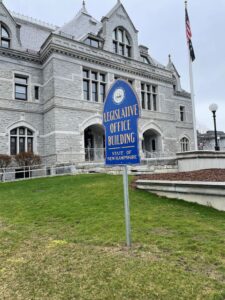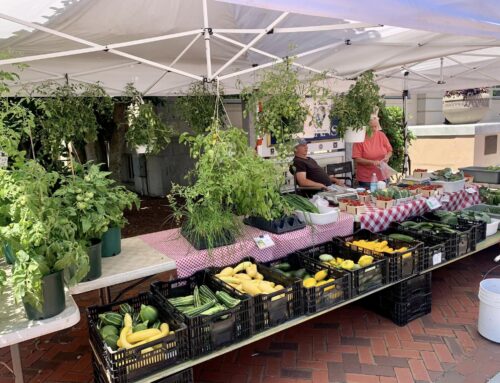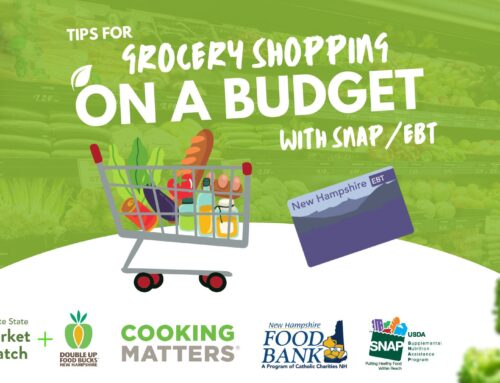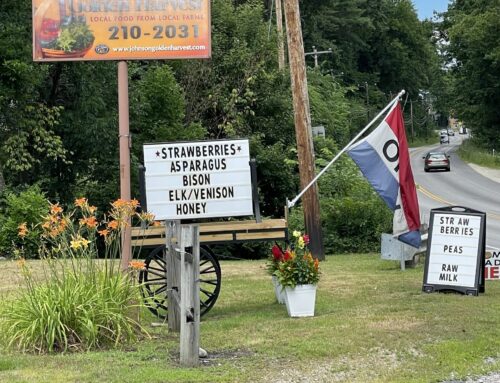 There are key issues and legislation influencing the uptake and usage of SNAP benefits as well as other federal assistance programs. This legislation influences the frequency and selection of food available to certain populations, including those who are enrolled in SNAP. To learn more about current relevant legislation, please continue reading.
There are key issues and legislation influencing the uptake and usage of SNAP benefits as well as other federal assistance programs. This legislation influences the frequency and selection of food available to certain populations, including those who are enrolled in SNAP. To learn more about current relevant legislation, please continue reading.
Senate Bill 404: This bill was recently passed and requires the state of New Hampshire to file a state SNAP outreach plan annually. New Hampshire has not filed an outreach plan since 2017. This outreach plan is crucial to increasing participation and putting food on tables of Granite Staters, as NH is not currently reaching a large population of those who are eligible to receive SNAP benefits. NH is 39th in overall SNAP enrollment of eligible populations out of all the states in the United States. The USDA’s Food and Nutrition Service (FNS) is responsible for funding the benefits SNAP recipients receive on their EBT cards. FNS also splits the cost of administration of the program with the state, administration includes outreach. To learn more about this bill and any other New Hampshire specific legislation related to food access and insecurity, make sure to follow New Hampshire Hunger Solutions on social media or check in with their website
SNAP Plus Act of 2021 (H.R. 6338): The current SNAP infrastructure prohibits the purchase of hot and/or prepared foods with benefits. This includes those foods you may find at a farmers’ market like hot or ready to eat sandwiches and ready to drink ice tea or coffee. This legislation addresses the prohibition on these food items and proposes making them eligible for purchase for those with SNAP benefits. To read more about this proposed legislation click here.
A recent bipartisan infrastructure law included $65 million dollars to increase broadband access across the country. This new program is called the Affordable Connectivity Program and eligible households can apply by clicking here. SNAP participants are among the population eligible to receive $30 towards internet service monthly. Individuals within the eligible population can also receive a one-time discount of up to $100 on a laptop, desktop computer, or tablet. To learn more about the program and whether or not you qualify, click here.
The Supplemental Nutrition Assistance Program for Women, Infants, and Children (WIC) Farmers’ Market Nutrition Program legislation has currently stalled. It was added on to another bill as a non-germane amendment but the entire bill was stalled due to disputes over unrelated amendments. NH advocacy and hunger organizations are currently exploring options for how to keep this program moving forward and have it return to the Granite State. These organizations have made great partnerships with legislators along the way. There is a good possibility for it to be written into the next budget this coming session. The WIC Farmers’ Market Nutrition Program has not existed in New Hampshire since 2010. This program would enable WIC recipients to utilize a predetermined benefit amount to purchase eligible foods at their local farmers’ market. You can read more about this by clicking here.



